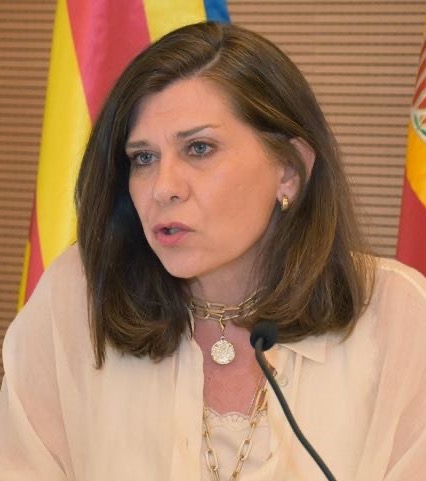 Francisca Pérez-Madrid is Professor of Law and Religion at the University of Barcelona.[1]
Francisca Pérez-Madrid is Professor of Law and Religion at the University of Barcelona.[1]
On 4 October 2024, in the case of AH (C-608/22) & FN (C-609/22) v. Bundesamt für Fremdenwesen und Asyl, the Court of Justice of the European Union (CJEU) confirmed that gender and nationality may constitute sufficient criteria for an EU member state to grant asylum to a particular group of women. The applicants, Afghan nationals “AH” and “FN,” sought refugee status in Austria, citing the persecution of women under Afghanistan’s Taliban regime. Austria denied them refugee status, granting subsidiary protection[2] instead, based on anticipated economic and social hardship if they were to return to Afghanistan. Austrian authorities expressed doubts regarding AH’s credibility and concluded that FN did not face a genuine risk of persecution.
(more…)


